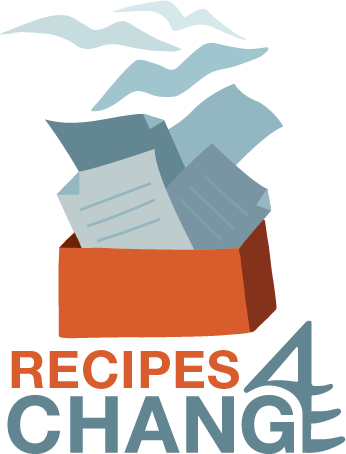What Influences Your Communication?
I first came face to face with Transactional Analysis about 6 years ago at a networking event where Jacqueline van Gent from TA denhaag, gave a short talk about the topic. I remember sitting amongst the audience listening to her talk about ego states and life script and something just clicked into place. What I heard her say made so much sense in my world, and it was there and then that I decided I wanted to learn more about TA.
The opportunity to start learning TA finally came round last October when I attended an Introduction to a TA workshop in Oxford, TA101, given by Rosemary Napper from TA Works. During that long weekend, I started my journey of learning about Eric Berne’s theories relating to human behaviour and became more and more intrigued.
So what is Transactional Analysis (TA)?
Transactional Analysis, like NLP, is a model for understanding human personality, relationships and communication. It was first developed by the late Eric Berne, MD. To put it more simply, Transactional Analysis is a method for studying interactions between human beings.
In his book Games People Play, Eric Berne described a transaction as “A unit of social intercourse. If two or more people encounter each other . . . sooner or later, one of them will speak, or give an indication of acknowledging the presence of the others. This is called transactional stimulus. Another person will then say or do something which is in some way related to the stimulus, and that is called the transactional response.”
Like NLP, which rests on a set of presuppositions, TA rests upon certain philosophical assumptions. These assumptions are:
People are OK.
This is the most fundamental assumption of TA. It means that you and I both have worth, value and dignity. I may not like your behaviour but will always accept who you are. Your essence as a human being is OK with me even though your behaviour may not be acceptable to me. This is very similar to the presupposition in NLP which says that you are not your behaviour; you must accept the person even though you may reject their behaviour.Everyone has the capacity to think.
Again, this relates to another NLP presupposition which states that, each person has the resources they need available to them at the time. TA states that it is the responsibility of each of us to decide what we want from life and we will each ultimately live with the consequences of those decisions.People decide their own destiny, and these decisions can be changed.
In other words, if we have been following strategies or acting on decisions that we have taken in the past that no longer serve us then we are not stuck, and we can change those decisions at any moment in our lives. TA, like NLP, believes that people can change. If at some point in our lives we realise that the decisions we made about ourselves in the past no longer represent who we are or what we want from life then we can make some changes. These changes can be achieved by first, gaining insight (referred to as awareness in NLP) and then, taking actions to change those old patterns and adopt new ones. These changes can be real and lasting. In NLP we say that if you are doing something and it’s not yielding the results you want then it’s time to do things differently.
The Ego-State Model
In TA the analysis of transactions relies heavily on the use of the ego-state model. This model is used to help explain how communication takes place – or, sometimes, fails to take place.
Berne defined an ego-state as “a consistent pattern of feeling and experience directly related to a corresponding consistent pattern of behaviour.” In other words an ego-state is a set of related behaviours, thoughts and feelings that make up our personality at a given time. Berne devised this model after treating and observing hundreds of patients during his practice as a psychiatrist in California in the 1950’s.
Berne observed that a person could behave, think and feel in a way that is copied from their parent or parental figures. He referred to this as the Parent ego-state. Alternatively, a person could behave, think and feel as they did during their childhood. He called this the Child ego-state. He identified a third way of acting and that involves behaviours, thoughts and feelings from the here and now and this he called the Adult ego-state. Therefore we can behave from three different ego-states, The Parent, The Adult or The Child. In some literature, the ego-state model is referred to as the PAC model.
Transactional Analysis suggests that we shift between these three distinct ego states during our interactions with others. This shift is influenced by what is going on around us at the time, who we are communicating with and the ego state they happen to be in.
The purpose of using TA is to gain autonomy and to realise our full potential as grown-ups. To gain autonomy we need to update the old strategies and decisions that we made as infants or children and adopt new ones. In NLP, we say “reprogramming” ourselves so we can become the best that we can be. In TA, we say that we need to move out of script.
Needless to say, this introduction was enough to wet my appetite and so I am already booked to do the foundation course in February. Watch this space.
PHOTO CREDITS:
MATUS KOVACOVSKY/UNSPLASH
AARON BIRCH/UNSPLASH
Tagged as: change, Communication, Ego, Interaction, Model, NLP, Personality, Relationships, state,Stimulus, Transactional Analysis









